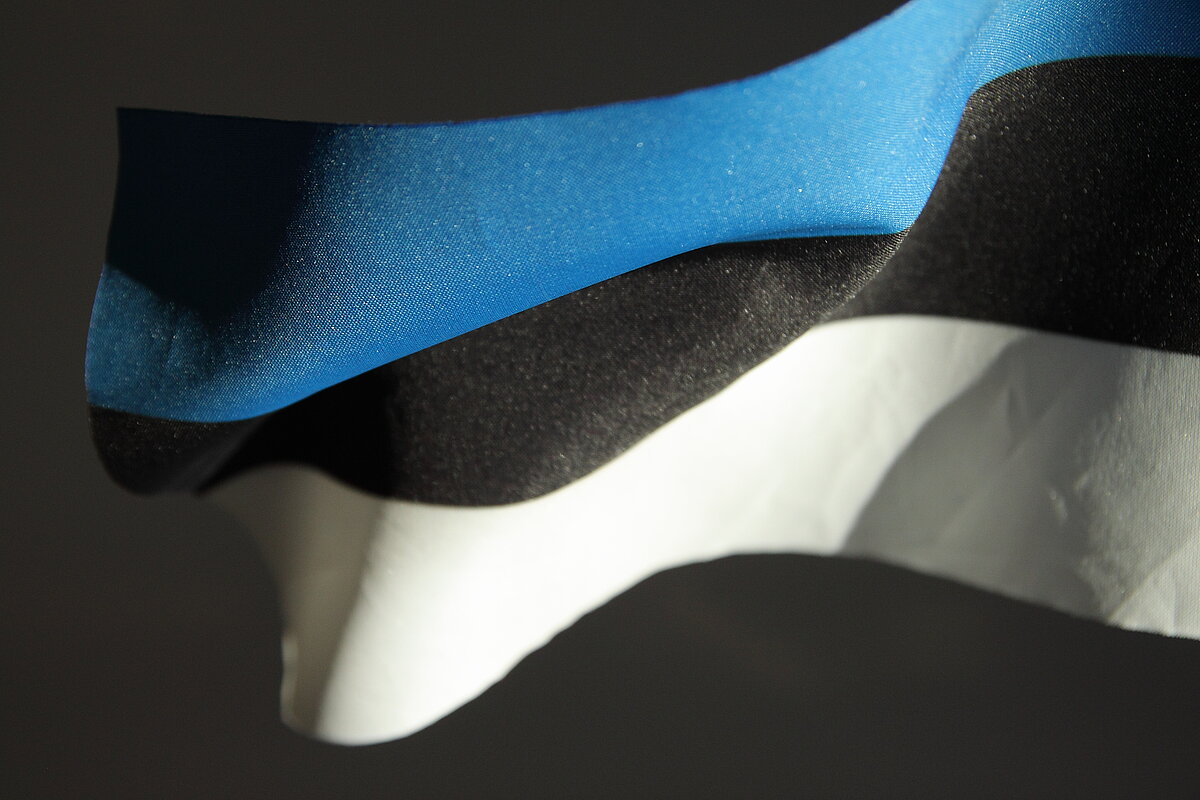
Today, President of the Riigikogu (Parliament of Estonia) Henn Põlluaas will address the Session of the BA. In his opinion, the Baltic Sea region is one of the most successful and progressive regions in the world, but the fabric of today’s world is fragile. “The crisis will not resolve itself and we must stand firm and vigilant in the face of adversity. It is up to all of us to provide adequate joint response to tackle acute issues by building strong alliances, developing regional cooperation and nurturing trilateral and multilateral relations,” Põlluaas said.
The President of the Riigikogu pointed out that the three Baltic states shared a sense of unity, knowing that together we were stronger, more flexible and when needed, would give each other a supporting hand. “To ensure the security of the Baltic region, the Baltic defence cooperation needs to be enhanced and our NATO allies should be involved in it through a larger permanent presence. In addition to that, we must not forget that our contribution to the national, regional, and allied security starts with our individual awareness of the responsibility we have in developing and protecting democracy,” Põlluaas added.
Head of the Estonian Delegation to the BA Aadu Must noted that this year the Assembly had been considerably influenced by the COVID-19 pandemic. “The unity and cooperation of the Baltic states are extremely important to us, and although meeting personally involves difficulties and restrictions, our organisations and our cooperation will persevere. We are grateful to all people who feel the same way and act in the name of bringing our countries closer to each other,” Must said.
Deputy Head of the Estonian Delegation to the BA Johannes Kert emphasised that the lessons learned from the crisis had to be remembered, because those lessons and the conclusions made could be used also in other crises the Baltic states may have to face. “For example, the security situation has not calmed down, but rather we can see alarming tendencies behind our borders. However, the Baltic Assembly also deals with defence cooperation. A good example of the cooperation of the three countries is the Baltic Assembly Medal awarded yesterday to Eveli Bauer for her untiring spirit of cooperation and contribution to making the joint procurements of medicines of the Baltic states a success story,” Kert said.
At the 39th Session of the BA and the sitting of the 26th Baltic Council, the report of Estonia’s presidency is presented, and the sociological and economic impact of COVID-19 on the Baltic states as well as exiting from the crisis are discussed. Also, the Joint Statement of the Baltic Council will be signed, and the BA Resolution and the Final Document of the 39th Session will be adopted. At the end of the Session, Estonia will hand over the presidency of the BA to Lithuania.
The Foresight Centre of the Riigikogu, LV PEAK of the University of Latvia and the Government Strategic Analysis Centre (STRATA) of Lithuania carried out a joint study “A comparative review of socio-economic implications of the coronavirus pandemic (COVID-19) in the Baltic States”. The report of the study will be presented at the BA Session.
The digital 39th Session of the Baltic Assembly, starting at 9.30 a.m., will be attended by Aadu Must and Johannes Kert, and members of the Estonian Delegation Helle-Moonika Helme, Signe Kivi, Helmen Kütt, Üllar Saaremäe, Erki Savisaar, Sven Sester and Urve Tiidus. Minister of Social Affairs Tanel Kiik and Minister of Education and Research Mailis Reps will participate in the discussion on COVID-19.

 CONFERENCE
CONFERENCE